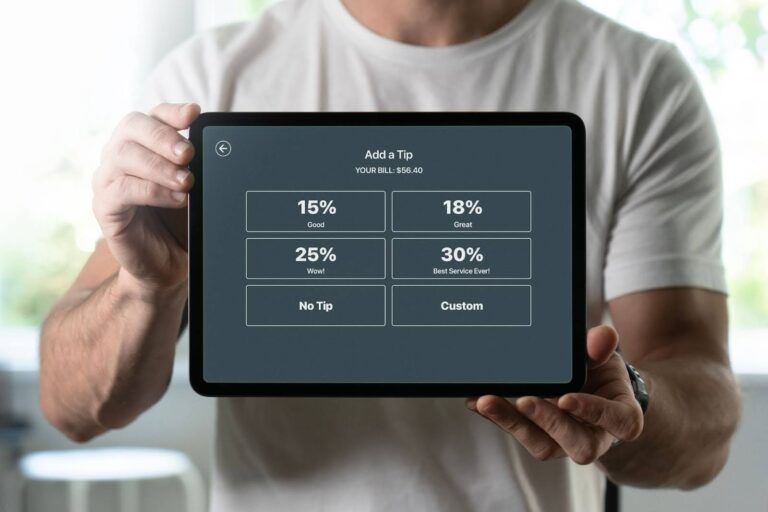5 Tips for Your Brewery Bookkeeping

We’ll cut right to the chase: keeping your brewery bookkeeping up-to-date and organized is one of the most important things you can do for the long-term health of your brewery.
Without organized and accurate books, it’s impossible to know how your business is truly performing, and which levers to pull in order to help it grow.
- Want to sell in the future?
- Need to borrow from the bank?
- Wondering if you can afford a new hire?
You can find a lot of the answers hidden in your brewery bookkeeping.
While there are a lot of things we go over in terms of bookkeeping with our brewery clients, we’re going to share with you our top 5 tips for managing healthy brewery books in today’s blog.
Let’s dive in.
Brewery Bookkeeping Tip #1
Use the Right Tech Stack
When it comes to bookkeeping, using the right technology can save you a lot of time and headaches.
There are plenty of software solutions available for different aspects of your bookkeeping, so it’s important to pick the right ones.
At U-Nique Accounting, we recommend Xero for accounting, Dext Prepare for bookkeeping, Plooto for paying vendors, and Gusto for payroll.
With these tools, you’ll be able to automate many of your financial tasks, saving you time and money.

Brewery Bookkeeping Tip #2
Use a POS that integrates with your other solutions
Your point-of-sale (POS) system should integrate with your other bookkeeping solutions.
This will ensure that your sales data is automatically entered into your accounting software and inventory management software.
When you’re picking a POS system, make sure to choose one that is compatible with your other solutions. This will save you the headache of manually entering all sales transactions.
Need help? This is something we help our clients with a lot here at U-Nique Accounting. You can pick our brains by booking a quick call here.
Brewery Bookkeeping Tip #3
Create Raw/WIP/FG inventory categories
To keep track of your inventory, we recommend creating the following 3 categories:
- Raw Materials
- Work in progress
- Finished GoodsRaw/WIP/FG categories
All your purchases for ingredients and packaging should go to the Raw category.
As beer is brewed, move it to WIP and use up your raw materials.
When the beer is finished and kegs/bottles/cans the beer, transfer inventory into the finished ready-to-sell categories.
This will help you keep track of your inventory levels and make sure you have enough materials to keep brewing.
Brewery Bookkeeping Tip #4
Track Brewery and Taproom Profitability, Separately
One of the most important things you can do in your brewery bookkeeping is to track your brewery and taproom profitability separately.
This will help you understand which areas of your business are making money and which ones are not.
Use a good chart of accounts and make sure that finished goods going to retail are left alone.
Any products being used for the taproom should be sold or transferred from the Brewery to the Taproom at the same cost you would sell to any other retail outlet.
Brewery Bookkeeping Tip #5
Use a Brewery Management Software (When Ready!)
Last but not least, we recommend using a brewery management software like Ekos or Beer30, when you’re ready.
When you first start off, keep it simple and track your production reporting in spreadsheets.
But once cash flow is working and you need help tracking your production, look to these solutions.
They’ll help you manage your inventory, track your sales, and provide you with valuable insights into your business.
Need Help With Your Brewery Bookkeeping?
That rounds up our top 5 brewery bookkeeping tips.
However, there is a lot more to stay on top of when it comes to keeping healthy books.
For example, monitoring your cash flow, forecasting for various scenarios, and identifying opportunities to increase margins are all equally important tasks when it comes to running and growing a prosperous brewery.
If you need extra help digging in to learn about the numbers in your business, you can reach out to us anytime for help.
It’s what we’re here for.
Simply use our form here to get started.
Until next time!



